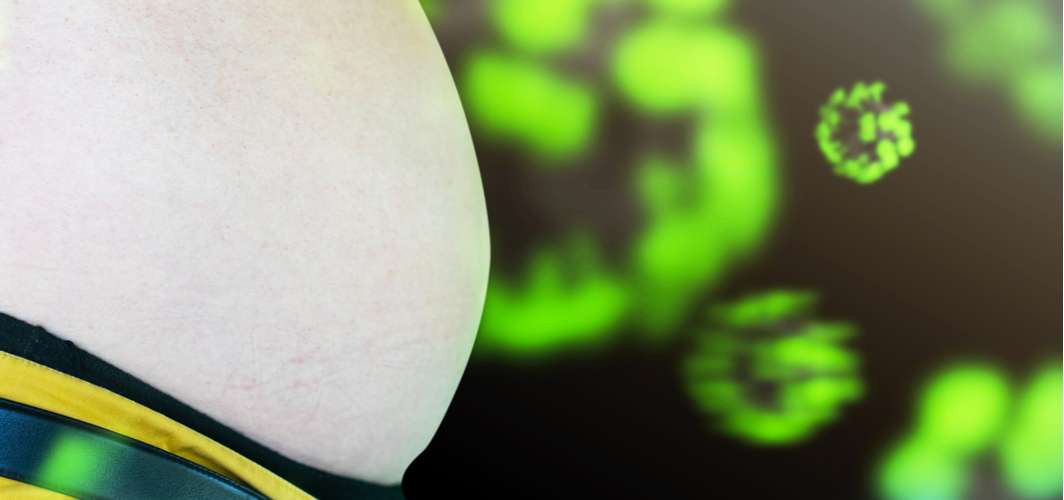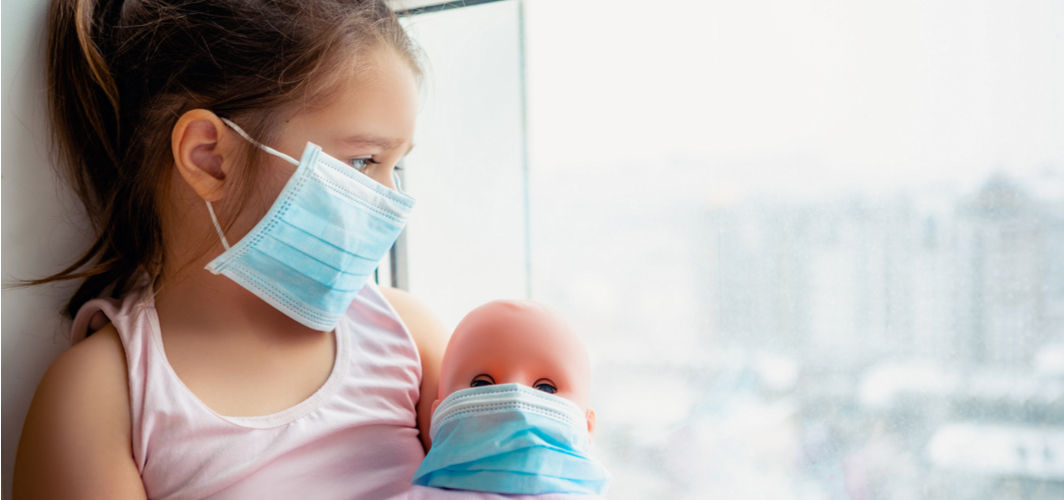Coronavirus Updates
Does Obesity Cause Severe COVID-19 Complications?
6 min read
By Apollo 24/7, Published on - 08 August 2020, Updated on - 18 October 2022
Share this article
0
20 likes

What is obesity?
How does Coronavirus affect obese people?
- Obesity hypoventilation syndrome (OHS): It is a condition in which obese people have poor breathing control that leads to lower oxygen and higher carbon dioxide in their blood. Since COVID-19 is known to affect oxygen saturation in the blood for some people, individuals with obesity may therefore be at higher risk. It is recommended that such people should check their SpO2 levels every day using a pulse oximeter.
- Inflammation and ‘the cytokine storm’: Being obese can cause chronic inflammation, which triggers the production of small molecules or proteins called cytokines. Research has found that some patients with COVID-19 develop a serious condition known as cytokine storm syndrome (CSS), where the immune system loses the ability to differentiate the good cells from virus affected cells, causing it to go into the hyperactive mode and start destroying all cells, causing serious health hazards.
- ACE-2 protein in fat cells: The fat cells in our body have higher levels of ACE-2 proteins. Obese people have an excess of fat cells in their body. Previous researches suggest that the Coronavirus has a great affinity towards the ACE-2 protein found in the fat cells. According to available clinical evidence, the Coronavirus can attack fat cells and can live there for a longer duration. As a result, obese people can be more prone to infection even after recovering from the symptoms of COVID-19.
Clinical evidence of the relationship between obesity and severe COVID-19 outcomes
- New York study: In the study, out of 3,615 COVID-19 positive patients who were hospitalized, 775 (21%) had a BMI of 30-34 kg/m2 and 595 (16%) had a BMI of ≥ 35 kg/m2. A total of 1370 (37%) patients were found to be obese with a BMI of ≥ 30 kg/m2. Patients who were highly obese (BMI >34 kg/m2) and were less than 60 years of age were 3.6 times more likely to be admitted to the ICU compared to patients in the same age group but had a BMI of lesser than 30.
- UK study: The study conducted on 17,000 COVID-19 confirmed cases revealed that patients who were obese (BMI >30 kg/m2) had a 33% greater risk of dying compared to non-obese COVID-19 patients. Another study of critically ill patients in intensive care centers in the UK found that nearly 34.5% were overweight, 31.5% were obese, and 7% highly obese. This made up a total of 73%, compared to 26% of individuals who had healthy BMIs.
- French study: The study correlated body mass index BMI and the requirement for IMV (Invasive Mechanical Ventilation). About 124 COVID-19 confirmed ICU-admitted patients were enrolled for this study. The clinical result showed that overweight (BMI 25-30 kg/m2), obese (BMI 30-34 kg/m2) and severely obese (BMI>34 kg/m2) patients were in higher numbers compared to non-obese patients.
- China study: This study conducted in Shenzhen, China was published in the Journal of Diabetes Care. Out of 383 COVID-19 positive patients, 41 (10.7%) were found obese during hospital admission. The study revealed that obese COVID-19 positive patients (BMI>28 kg/m2) showed relatively higher rates of cough and fever symptoms compared to non-obese COVID-19 patients.
How can obese people tackle COVID-19?
- Strictly adhere to COVID-19 health safety guidelines: The first thing you need to do is follow the general guidelines and safety precautions outlined for Coronavirus. You should wash your hands frequently with soap and water for 20 seconds or apply alcohol-based hand rub with a minimum of 60% alcohol. Maintain social distancing (minimum 6 feet) with both outsiders and family members who are daily office goers. Wear a mask without fail if you need to step out.
- Weight management: Controlling your weight is the key to staying fit and healthy. Obesity is the underlying cause of many conditions like diabetes, hypertension, etc. According to the CDC, an obese person should regularly take prescribed medicines if they have an underlying health condition. If the doctor has prescribed you anti-obesity pills or ACE-2 inhibitors, do not forget to take them regularly as it can minimize the risk of getting severely infected.
- Physical activity: You can start a daily exercise and workout session at your home. Apart from workouts, you can also do activities like cycling, jogging, house-cleaning, gardening, stairs climbing which can help in burning your calories and staying healthy.
- Dietary recommendation: It is better to choose healthy plant-based foods like veggies, fruits, and cereals, or lean proteins. Try to avoid fast foods or processed packed foods as these are major causes of developing obesity. Olive oil for cooking is highly recommended for obese people. Dairy foods like 1 cup of milk or yoghurt or 1 ½ ounce of cheese can be consumed, but they must be fat-free. Include immune boosters in your diet chart to increase your body’s capability to fight infection. While these are just a few examples of healthy foods, it is important to work with a trained nutritionist to arrive at a personalized dietary recommendation for weight loss, and adhere to it for the best outcomes.
Conclusion
Coronavirus Updates
Leave Comment
Recommended for you

Coronavirus Updates
How Does COVID–19 Compare With Influenza (flu)?
Many comparisons are being made between the Coronavirus and the Influenza virus due to similarities in their symptoms.

Coronavirus Updates
What is ‘Coronavirus Herd Immunity’ and How It Can Be Attained
Herd immunity prevailing in the world's second-most populous country cannot be the only solution to overcoming the pandemic and other strategic options like vaccination are also being accelerated.

Coronavirus Updates
Children and Long Covid: What Is Known so Far
The rise in infections among children is putting them at an increased risk of long COVID as well. The long COVID symptoms observed in children are similar to those experienced by adults.
Subscribe
Sign up for our free Health Library Daily Newsletter
Get doctor-approved health tips, news, and more.
Visual Stories

COVID-19: The situation on ground [6th July 2021]
Tap to continue exploring
Recommended for you

Coronavirus Updates
How Does COVID–19 Compare With Influenza (flu)?
Many comparisons are being made between the Coronavirus and the Influenza virus due to similarities in their symptoms.

Coronavirus Updates
What is ‘Coronavirus Herd Immunity’ and How It Can Be Attained
Herd immunity prevailing in the world's second-most populous country cannot be the only solution to overcoming the pandemic and other strategic options like vaccination are also being accelerated.

Coronavirus Updates
Children and Long Covid: What Is Known so Far
The rise in infections among children is putting them at an increased risk of long COVID as well. The long COVID symptoms observed in children are similar to those experienced by adults.